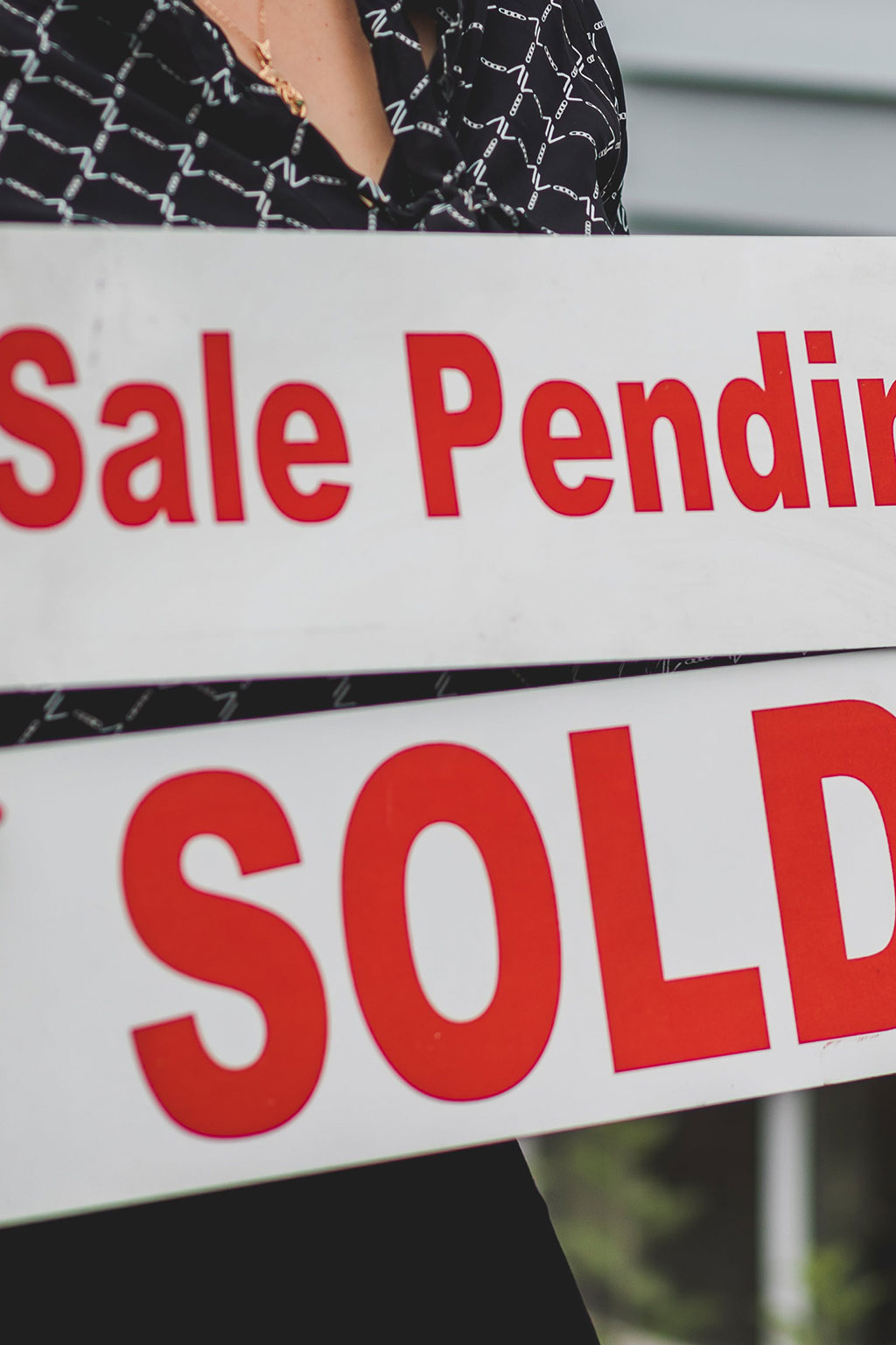Your Home-Selling Questions Answered
Selling your home is a big decision, and it can be challenging if you’re a first-time seller or it’s been years since your last move.
From deciding on pricing strategies to effectively preparing your home for sale, there are many factors to consider as you navigate the process. The following questions and their answers can help provide you with clarity and guidance about what lies ahead.

When is the best time to sell my home?
Many believe spring is the ideal time to sell, but this is a misconception. Other times of the year offer several excellent opportunities to sell your home. For instance, buyers who were unable to find a home during the spring and summer markets because of high demand and limited inventory are likely still motivated to find and purchase their dream home heading into fall. Additionally, the festive decorations of the holidays and snowy landscape of winter can enhance your home’s curb appeal. Consult with your real estate agent, who can assess your local market conditions and guide you in determining when to put your home up for sale.
Should I get a home inspection before listing my home?
While most homebuyers usually arrange for a home inspection before sealing the deal, having your own conducted before listing your home can offer significant benefits. This proactive approach enables you to address issues, either by making necessary repairs or replacements or factoring them into your selling strategy. For instance, if the inspection uncovers a minor roof leak, you can choose to patch it up, thus preemptively eliminating potential concerns from prospective buyers. Alternatively, if you decide not to fix it, you’ll still be well-informed about the existing problems, allowing you to prepare for any negotiations or questions that may arise.
Do I need to remove all my pictures and memorabilia?
The straightforward answer is yes, and here’s why. When potential buyers visit your home, they aim to visualize how their belongings will fit into the space. If your home remains personalized to your tastes and lifestyle, it becomes challenging for them to imagine themselves living there. Furthermore, having your personal life on display may make them feel like they are intruding on your privacy. The more neutral your home, the more accessible it is.
Can I be home during showings and open houses?
Unless extenuating circumstances prevent you from leaving, it’s best not to be present during showings or open houses. This allows potential buyers to tour your property without your presence, allowing them to converse openly with their agent and each other, thus fostering a more relaxed and candid atmosphere. Also, if you have pets, you’ll want to take them with you since some individuals might have allergies or concerns regarding your four-legged companions.

Should I price my home based on its assessed or market value?
The assessed value of your home serves solely to compute local property taxes and is determined primarily by your home’s location, size, and condition. Market value also considers those criteria, but it also factors in recent completed and pending sales and expired listings in your area. It’s crucial to recognize that these two values are not synonymous. For example, if the assessed value of your home stands at $250,000 and the appraiser’s assessment places its present market value at $325,000, your selling price should be more closely aligned with the latter figure.
Should I price my home higher to leave room for negotiation?
Contrary to the widespread belief that establishing a higher initial asking price will allow for negotiation, it can actually work against your interests. The first two weeks following your home’s listing are pivotal because buyers tend to concentrate on new listings, creating a prime window for having numerous showings and potential offers. However, buyers are astute about comparing prices with similar homes in an area, so an overpriced listing is prone to discourage them or result in lowball offers. This approach may also exclude potential buyers who could have otherwise been able to afford your home, ultimately obstructing your selling prospects.
What will my closing costs be?
These numbers may fluctuate based on variables, including property taxes, title insurance, escrow and attorney fees, agent’s commission fees, seller concessions, and the amount required to pay off an outstanding mortgage. Nevertheless, expect your closing costs to fall in the range of 6 to 10 percent of the sales price.
How much can I expect to pay in commissions?
The commission rates can vary considerably, depending on factors like your selected agent, their agency’s guidelines, local real estate market conditions, and your home’s listing price. While the historical norm has hovered around 6 percent, the current landscape offers more flexibility, with rates spanning from 2.5 percent to the conventional 6 percent. Engaging in an open and detailed discussion with your agent when preparing to list your home to ensure you’re clear on the commission fees and that they work for your budget is essential.
What is a seller concession?
Seller concessions are financial payments from the seller to the buyer to help cover the costs of buying a home. This can include closing costs, prepaid expenses, or the price of repairs to the home. Seller concessions are more common in a buyer’s markets when there are more homes for sale than buyers. A seller may also offer concessions to attract buyers if they’re having trouble selling their home. In either scenario, both parties stand to gain, with the buyer benefiting from cost savings on their home purchase and the seller expediting the sale of their property.
What happens if my home appraises for less than the purchase price?
More than 75 percent of home sales are financed through banks and other lenders. If an appraiser values a home for less than the agreed-upon purchase price, the lender may not approve the loan. However, there are a few ways to resolve this situation: the buyer can pay the difference in cash, the seller can lower the purchase price, or both parties can agree to split the difference.
Preparation is the cornerstone of a successful home sale, so be sure to consult with your real estate agent to get all your questions answered.


















